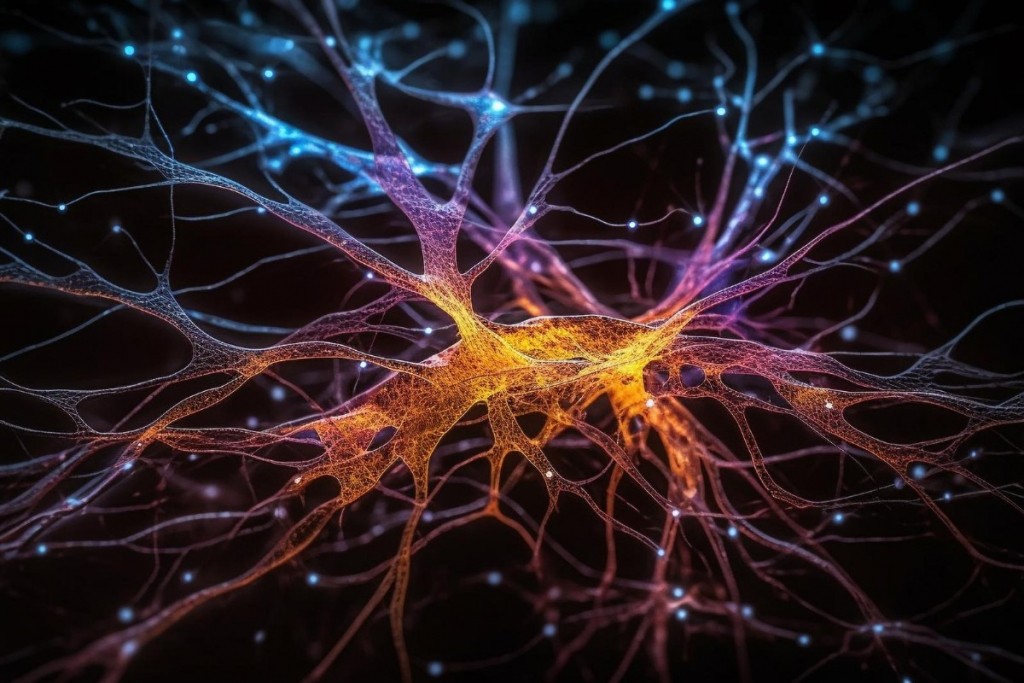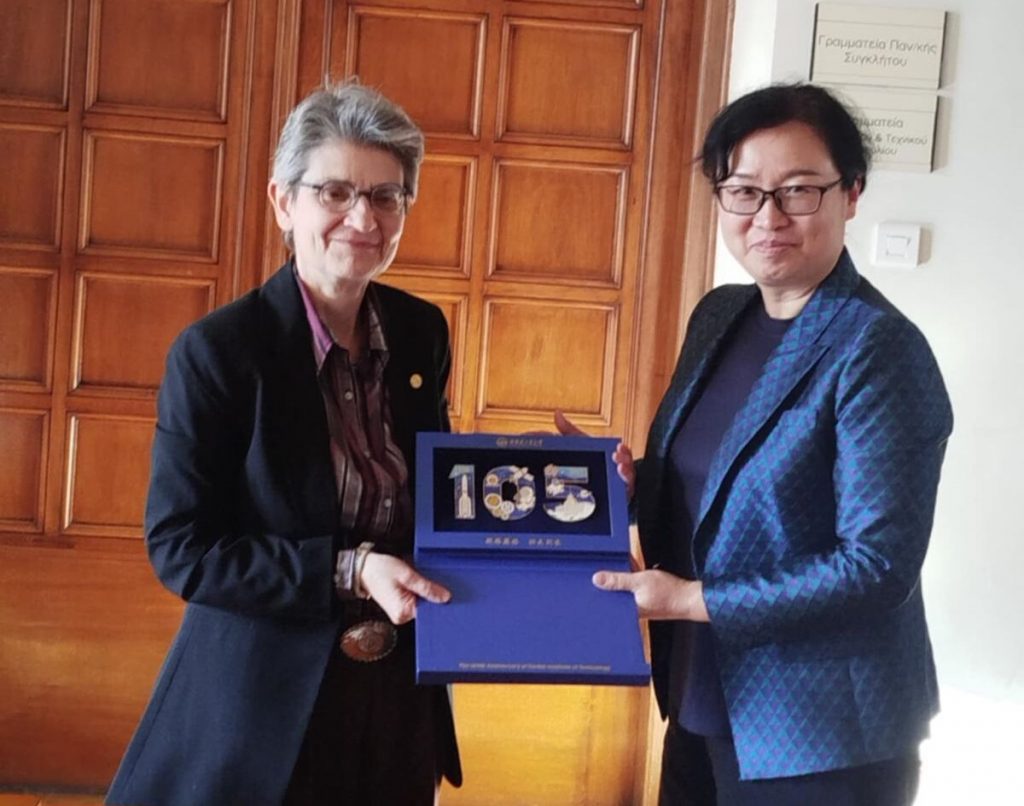A new review published in Nature Reviews Neurology sheds new light on the clinical implications of brain asymmetries, underscoring the significance of individual variability in brain structure and function. The collaborative effort, led by Sebastian Ocklenburg from the Medical School Hamburg, Germany, brings together experts from institutions across Europe and the United States to explore how brain asymmetries need to be considered in clinical practice. Dr Marietta Papadatou-Pastou, Assistant Professor of Neuropsychology at the National and Kapodistrian University of Athens and Affiliated Researcher at the Biomedical Research Foundation of the Academy of Athens, was one of the co-authors.
No two human brains are alike. This unique variability is a fundamental aspect of human individuality, driven significantly by left-right differences in brain structure and function, known as brain asymmetries. The study provides an extensive overview of recent findings on brain asymmetries, particularly in mental and neurodevelopmental disorders, using large-scale database studies and meta-analyses.
The review emphasizes the necessity of considering brain asymmetries in the advancement of patient-tailored medicine. Despite their limited diagnostic utility, brain asymmetries are relevant to disease symptom onset in neurodegenerative diseases and have implications for lateralized treatments, including brain stimulation. The review further highlights the need for clinical trials to elucidate how individual brain asymmetry affects the efficacy of such treatment.
Ocklenburg and colleagues call for a shift in clinical laterality research, advocating for the mapping of multifactorial asymmetry phenotypes to symptom severity and treatment response. This approach would enhance the utility of laterality studies, moving beyond simple indicators like handedness to a broader range of hemispheric asymmetry patterns.
Prof. Sebastian Ocklenburg said:“In an era where precision medicine is reshaping the landscape of neurology, understanding the uniqueness of each human brain has never been more critical. The rise of patient-tailored approaches emphasizes the need to consider individual variability in brain structure and function.” Prof. Papadatou-Pastou further adds:“The review paves the way for a more nuanced and effective approach to clinical neurology, underscoring the importance of personalized medicine in understanding and treating neurological conditions.”
For more information or to access the complete academic paper, please visit https://doi.org/10.1038/s41582-024-00974-8.
















